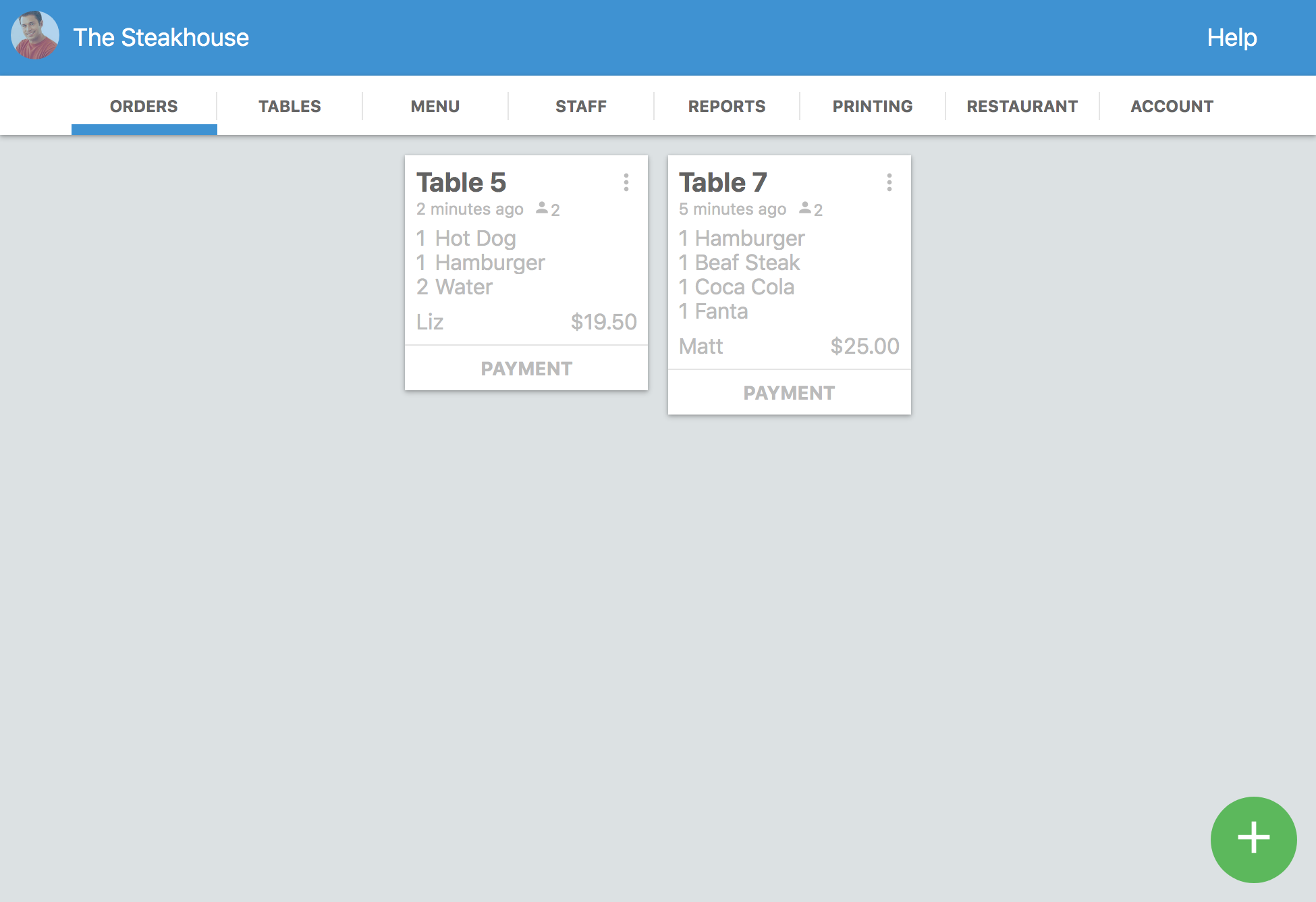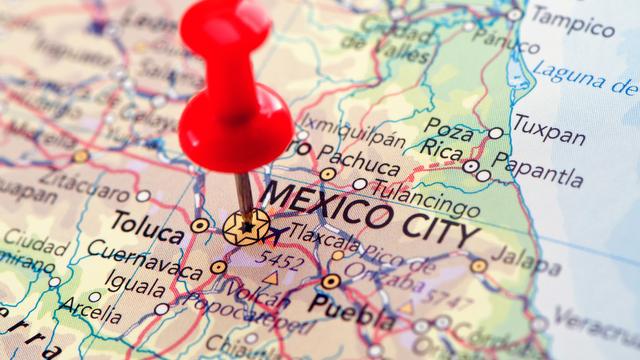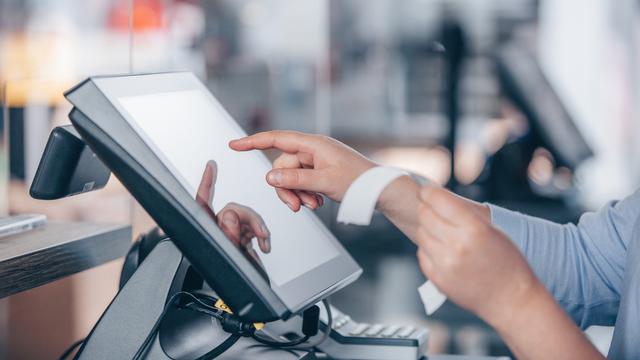Did you come from our article on buying an existing restaurant vs. starting from zero?
If so, it's because you decided that buying a restaurant makes more sense than starting from scratch. But… How do you buy a restaurant?
Buying a restaurant is a very good idea, full of advantages, and if done well, it can have a few risks that could turn into major problems.
In this guide, I will talk to you about:
- How to buy a restaurant.
- The steps you must follow.
- The information you should research and obtain.
- And also a bit about the mindset you need to have to successfully buy a restaurant.
This guide will take you from the decision to buy an existing food business to the creation of different processes and systems to guarantee its success when it falls into your hands.
When it comes to business, leaving things to chance is not a good idea. That is why the better defined your path is in this type of investment, the easier you can guarantee that it will work. Let's start paving the way!
What Restaurants to Buy?

If you have the idea of buying a restaurant in mind, it is because you may have one in sight. However, sometimes restaurants that are for sale are for negative reasons – it's your job to find out if that's the case with this guide.
That is why it is important that you add different restaurants to your list or at least more than just one. Also, remember that you can ask any restaurant you go to if it is for sale. You can request informal or formal meetings with the current owners of the restaurant to find out if there is a possibility that they will sell you their precious business.
Of course, this is an issue that should be treated with some tact, respect, without haste, and recognizing that the owner is not obliged to sell it just because you can or want to buy it.
Thinking this way will help you better explore your options!
Create Buying Criteria, Define Your Reasons, and Analyze Different Opportunities
Now that you've decided that buying a restaurant sounds like a better idea than starting from scratch, you need to start digging deeper.
In this title, I will talk about the first three things you should consider before running out to buy the first restaurant that seems good and affordable. It should be noted that you will not apply these criteria until you have the complete picture of each restaurant. By that, I mean the information you'll get from the restaurant later, like billing, profit margins, current operating costs, and more.
Create Selection Criteria to Buy the Most Suitable Restaurant

It is vital that you create some sort of selection criteria or guidelines to streamline the purchase so you can move forward. This step is simple, but that doesn't make it any less vital.
The selection criteria is a list of requirements that the restaurant in question must meet in order for you to make the decision to buy it.
Some of the almost mandatory requirements are:
- A good location.
- That it is not a failed business or that it has a bad reputation.
- Have a customer base that you can tap into.
- That it has all the permits up to date (or at least an infrastructure that will easily obtain them).
- That its owner gives you access to all the vital numbers of the business.
- Your owner also gives you permission to do an independent valuation.
- That the purchase price is not much above the valuation you get.
Other requirements that you can add are more related to your preferences or investment limits, such as the cost of the total purchase or transfer, or that the restaurant is located in a specific area.
Keep in mind that the purchase criteria depend on you and your experience. Some people even include as a requirement that previous owners help them through the transition to even a non-compete clause. Thus, entrepreneurs ensure that it is easier to adapt to their new workload.
You might also consider owning a franchise, in that case, feel free to check out these restaurant franchise opportunities. You might also check out our comparison article on buying a restaurant vs. buying a franchise.
Define Your Reasons or Goals for Purchase

You can not assume that buying an existing restaurant is more advantageous than starting a new business – in fact, many times it is not. Buying an existing restaurant is risky if the restaurant has reputation problems, debt, and more.
That is why you must define your reasons for buying an existing restaurant.
There are reasons that just aren’t good enough when it comes to viable investments. You must analyze your reasons very well to make sure that it is not a hasty decision!
Some good reasons to buy a restaurant are:
- Knowing with verifiable data that the restaurant has the potential to improve under your command.
- Knowing that with a good marketing strategy the restaurant would be much more successful.
- Knowing that the gastronomic offer is special as it is and that with a few modifications you could improve profit margins.
You can also buy a restaurant that meets all the requirements only to keep its infrastructure – equipment, staff, business space, and more – to create a new restaurant from there.
However, it is vital to recognize the real, profitable, viable opportunity in hard math.
In this line of thought, I want to mention that buying a restaurant because it is cheap, because it is beautiful, or something alike is a very bad idea. Baseless idealization does not result in successful businesses!
Reasons to Avoid Buying a Restaurant

Within your purchase criteria there may also be requirements to rule out different restaurant options available in the market. In fact, the most you'll do throughout this guide is rule out options. From a list of 50 restaurants, you will have to leave between 1 and 3 options – if you get to this triple tie, good luck deciding which one to buy.
The most obvious reasons not to buy an existing restaurant are:
- The current owner's refusal to share information about the restaurant or to let you make independent evaluations with experts or consultants. This will help you rule out at least 50% of your options.
- That the restaurant has a bad reputation, is in a bad location, or has a lot of competition.
- That the restaurant has debts, is behind on taxes, rent, or does not have operating permits.
- That the equipment or furniture is very damaged, old, or that the costs in general of the renovations are very high.
Note: The longer the list of red flags to avoid, the easier it is for you to rule out ideas and narrow down the list of options. Still, it's a good idea to leave room for failure. The perfect restaurants are not for sale!
Analyze Different Opportunities Thoroughly
Now comes one of the most tedious parts of the whole process – the opportunity analysis. It is a tedious process, but its purpose is to protect every penny of your investment in the short and long term.
You must analyze the different opportunities taking into account the requirements and objectives or reasons behind the purchase. It is recommended that you perform the classic SWOT analysis. You should include as much factual and relevant information as possible.
As a general rule, it is important that you get information from the restaurant owner at this point – although your best friend in this type of transaction will be your accountant.
In addition to that information, it is vital that you also dedicate resources to carry out a complete business plan and market analysis. If a restaurant owner gives you similar information, you can receive it, but it's crucial that you create your own vision. This is very important because your business perspective is much more important – the current owner's not so much.
Research and Get All the Necessary Information

The information needed before buying a restaurant should be as detailed as it can be. That's why the process of buying an existing restaurant can take as long as setting up a new business – that is, if you care about doing your best.
I will now give you lists of all the information you must obtain and how or from whom you can obtain it.
Restaurant Numbers
The numbers for the restaurant are:
- The sales margin for the last 12 months.
- Average annual, semi-annual, quarterly, monthly, weekly, and daily sales.
- The profit margin.
- Average annual, semi-annual, quarterly, monthly, weekly, and daily earnings. It is a good idea to ask for financial statements to confirm all this information. However, not everyone will be willing to share so much.
- The operating costs of the restaurant. This includes the costs of ingredients, non-food supplies, reusable products, services (electricity, gas, water), rent, professional services (accountants, lawyers, advisors, etc.), and more.
- Restaurant debts. This includes debts with suppliers, bank debts for business loans, lease debts, debts with public or private services, and more.
You can obtain this information from the owner of the restaurant or from his accountant or administrator. Remember that for it to be a transaction without hidden data, it is vital to analyze this information. If the owner of a restaurant does not give you access to all this information, discard the entire option, because you will lose money by buying blindly.
Other data that will be useful to you are the average cost for each purchase, the average cost of the menu, and more.
Customer Flow: Average Customers per Day and Week
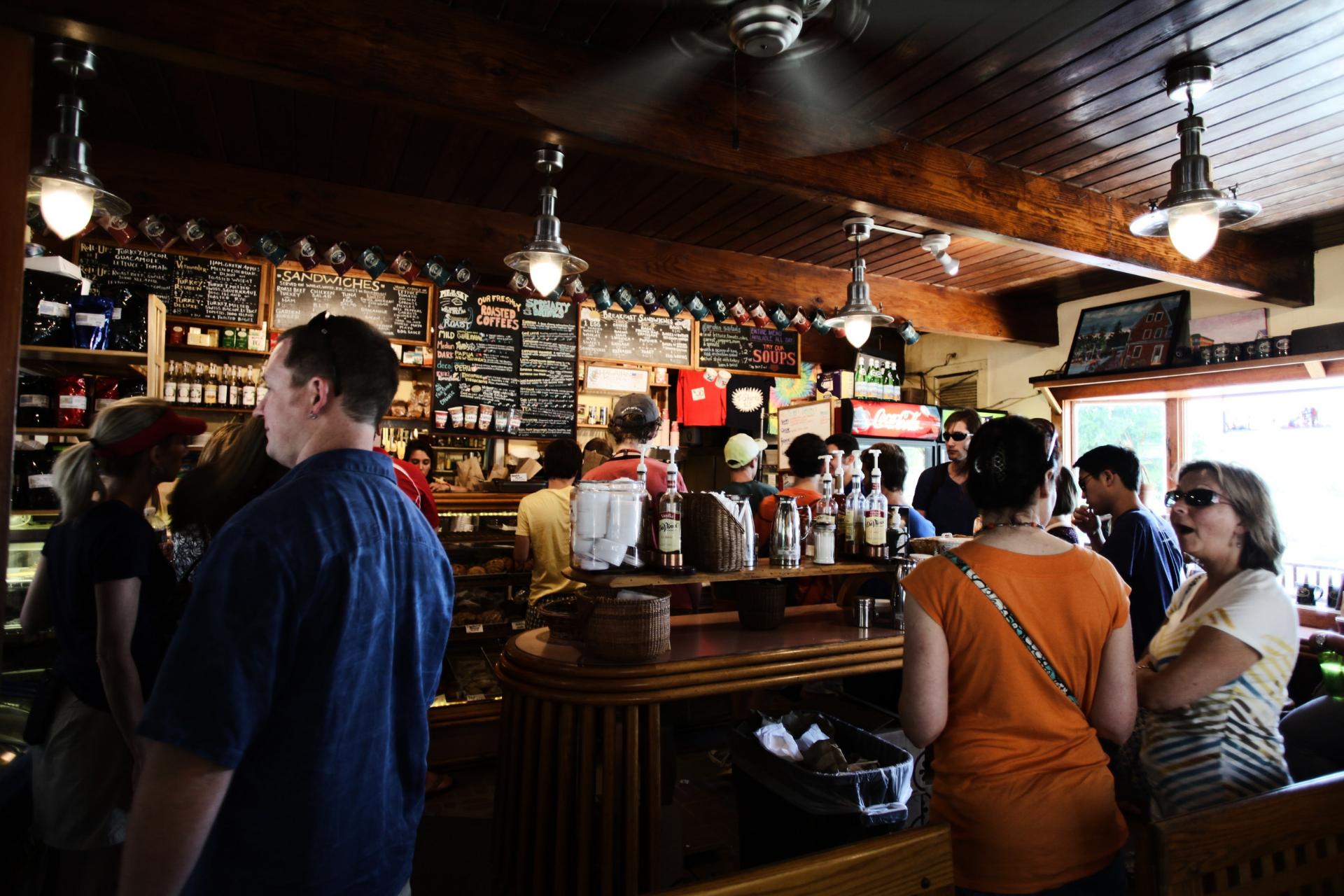
This information is sometimes ignored by entrepreneurs looking to buy a restaurant. However, it is crucial if they hope to hit the ground running. If you have this information from the beginning, you can know exactly what your next move will be in terms of a business plan, promotions you can create, and marketing strategies that can improve the numbers above.
You should get this information from different people, such as servers or cooks, and you should also compare it with sales reports.
You can also calculate it with the restaurant's daily and weekly numbers, but it's a good idea to take the time to listen to the employees.
Growth Projections
After you get all the above information, you will have almost everything you need to make a growth projection in the short, medium, and long term.
For this, you'll need to pay attention to details like average spending per customer, average menu cost, number of daily customers, and more.
With that information, you will be able to make reliable projections that give you information about what you can earn from money.
It should be noted that these numbers will only give you projections that are based on the current owner's management model. However, if they are good enough, that will serve as a way to reaffirm that it is a good investment. You can also start creating plans that allow you to increase those numbers and quantify the growth of the business once it is in your hands.
The Current State of Restaurant Marketing
Many people do not think of marketing as an important factor when carrying out these types of transactions. However, marketing is vital for restaurants, and for the hospitality industry in general.
Taking a quick look, if you can, at the restaurant's marketing numbers can help you understand why the restaurant has untapped potential. For example, the marketing strategy may be incomplete or ineffective. As expensive as it is to do effective marketing, you can even use this information to dismiss the idea of buying the restaurant altogether. This, of course, if the expense of a new marketing strategy is very high when added to the rest of the restaurant's weaknesses or its cost.
Also, if you do market research and combine it with the information that is already available, you may be able to create a much more effective strategy for your business. Or you may even decide to do something more drastic, like renewing all the branding and marketing of the restaurant in general if the cost is not so high when you add it to the cost of the restaurant.
Employee Performance and Satisfaction
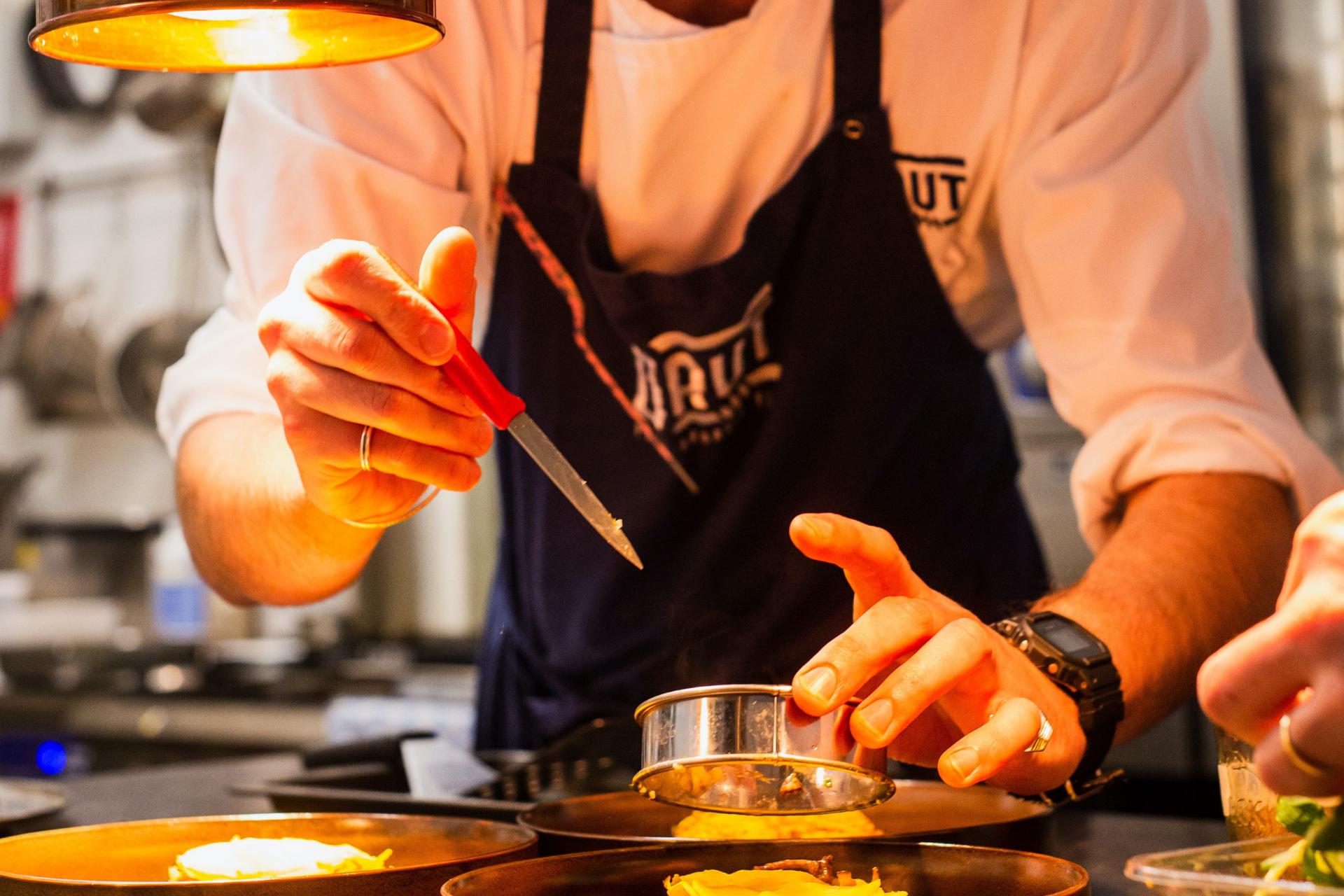
Employee satisfaction, past and present, is another factor to consider ahead of time. A restaurant may appear to have no problems, but be known in cook or waitress circles as "a terrible place to work." This can make the hiring process more difficult later if you decide to renew your payroll.
It's also vital that you have information about the performance of current restaurant employees. Many entrepreneurs make the mistake of buying a restaurant without taking this into account. Thus, two more serious mistakes can be made:
- Letting go of the employees who made the restaurant wonderful.
- Keep the employees who make the restaurant a mess.
Sure, you can fire and hire employees as you see fit, but the quicker you make the right decision, the easier the transition process to restaurant management will be.
Data like this you should get from both sides of the coin: the administrative side and the employees in person. Many times, we decide to listen to whichever side is more convenient. However, listening to both sides can help you make the right decision.
For example, the administrative side may complain that employees are not the most efficient, while they have lousy handling of schedules and payroll payments.
On the other hand, employees may complain that they don't have the best working conditions to perform better when steps have already been taken to address those issues multiple times in the past. In that case, perhaps the problem is the employees.
Customer Satisfaction

And last but not least, customer satisfaction and the restaurant's reputation. This is perhaps the most difficult information to obtain, especially since the only reliable source may be the customers themselves.
Think of it like this:
- The owner of the restaurant wants to sell it.
- All the restaurant employees want to keep their jobs.
- Managers or accountants don't care!
There is a conflict of interest everywhere, so the direct source is the most reliable – the customers. This information can be obtained by doing surveys on social networks, surveys in forums or local web pages, searching on review pages such as Yelp or Google My Business or Facebook, and more.
You can also do it in person. However, people may be under more pressure to say that the restaurant is great if they are standing in front of it.
Purchase and Legal Transfer Process

Now that you have all the necessary information, it's time to start creating a transfer or sale contract. It is important that you seek legal advice in your country, as this process varies depending on where you are. In addition to that, you will have to investigate if the restaurant or different elements of the brand are registered. You don't want to mistakenly end up paying usage fees even after buying everything else.
You should also write a sales contract that includes the different aspects of the restaurant very specifically – errors of omission are quite common.
For example, you must include in the contract that the owner of the restaurant or the one who holds the restaurant permits, will transfer said permits to you, if possible in your country. This will avoid having an existing restaurant that must renew all permits in your name – though again, depending on where you live you may not have a choice.
Unless you make a smart deal, like creating a partnership with the current owner of the restaurant, so that you can then buy the percentage of him later.
There are many ways you can do this legally, but smartly, and so that you have more pros than cons at the end of the purchase – without pissing off the restaurant owner, of course.
Therefore, it is highly, highly recommended that you seek legal advice from a person who has experience in transfers and sales of businesses like this. This way he can apply all the tricks he has up his sleeve for you to maximize the opportunity and avoid hidden risks.
Create a Process for a Smooth Transition (And Include the Previous Owner, if Possible)
If you want to transition into running a business successfully, you can't just throw away all the information and experience the previous owner has gained while running the restaurant. After all, to the point where you start running, that person is the only one who knows how to run that specific business.
Therefore, it is recommended that while you are negotiating the purchase and the terms of the contract, you create an agreement for the transition and change of ownership.
This is to ensure that you fully understand the processes that the previous owner was in charge of, that you study each one, and that you can take charge when the time comes.
Of course, you can make changes to improve the different processes that take place in the restaurant later on. But creating a transition plan can help you better adjust to workflow, employees, financial resource management, vendor relationships, and more.
Note: This is especially important if you have little or no experience in the food business. Even if you have experience in other businesses, restaurants have unique challenges that are only understood when you have experience. What better than having the previous owner as a mentor while you learn to take the reins of your new restaurant?
Creation of Objectives and Areas of Focus
The restaurant is already yours. Both parties have already signed a contract, the transaction has been made, and you should start running your restaurant.
If you have obtained all the information that I have mentioned so far, you can easily create an action plan with the first administrative decisions that you must make to hit the ground running.
We have created a fairly comprehensive article based on creating goals for your restaurant. This will be useful for you to identify, with the knowledge you have of the restaurant, the different areas of focus to which you should pay more attention.
It is vital to pay attention to detail, and against better judgment, do a little micromanagement – at least apply close observation of all processes.
Then, you can create strategies to improve the processes based on what you have observed. Just focus on doing new training for the entire workforce, without applying annoying sanctions or individual corrections. These only lead to mental exhaustion of the employees and a lower quality of the work environment.
Open Your Restaurant!
It is also recommended that, if you make any changes to the business brand or if you open a new one from the infrastructure of the old one, you make a grand opening of your new restaurant. This will help you reestablish your customer base easily.
Start Operating Your Restaurant
Although I wanted to make this guide as detailed as possible, I can't deny my impulse to tell you that this is not everything – you must leave room for the intuition of your entrepreneurial spirit.
If there is something that is inexplicable in ventures of this type, it is that feeling of seeing a restaurant and thinking “something tells me that this restaurant is a gold mine”. This is how it happens when you feel like starting a business, and a guide like this, which pays attention to so many details, can become a limitation.
That is why I invite you to find the balance and leave, between the data, spreadsheets, surveys, and percentages, a little space for your intuition. If a venture gives you all the green lights in the technical aspects, and also in intuition, surely it will be a gold mine.
Do you think it's time to invest in that restaurant on the corner? Good luck!
![How to Buy an Existing Restaurant [Complete guide]](https://www.imagelato.com/images/how-to-buy-a-restaurant-2743e5ab-1024w.jpg)
